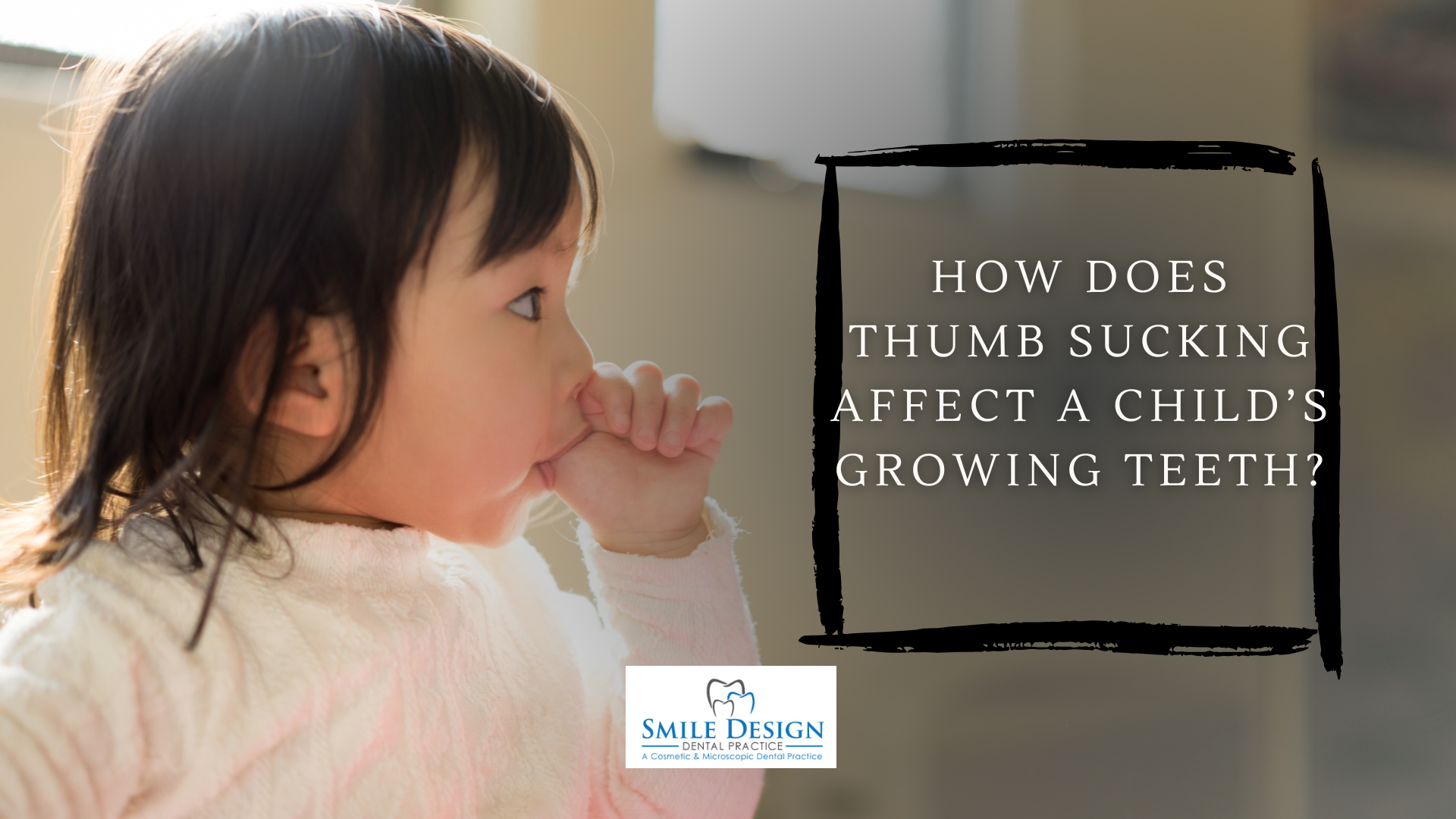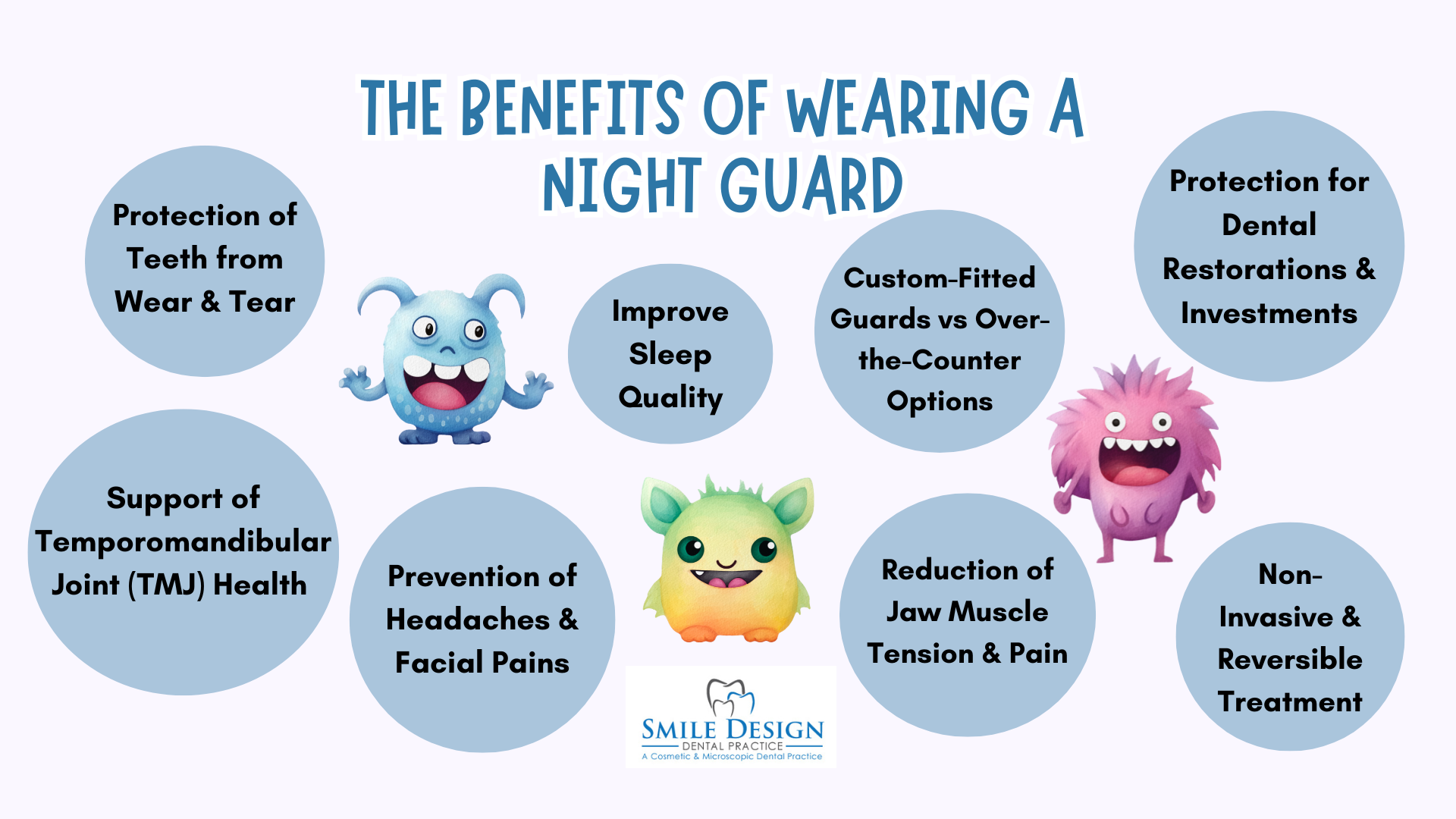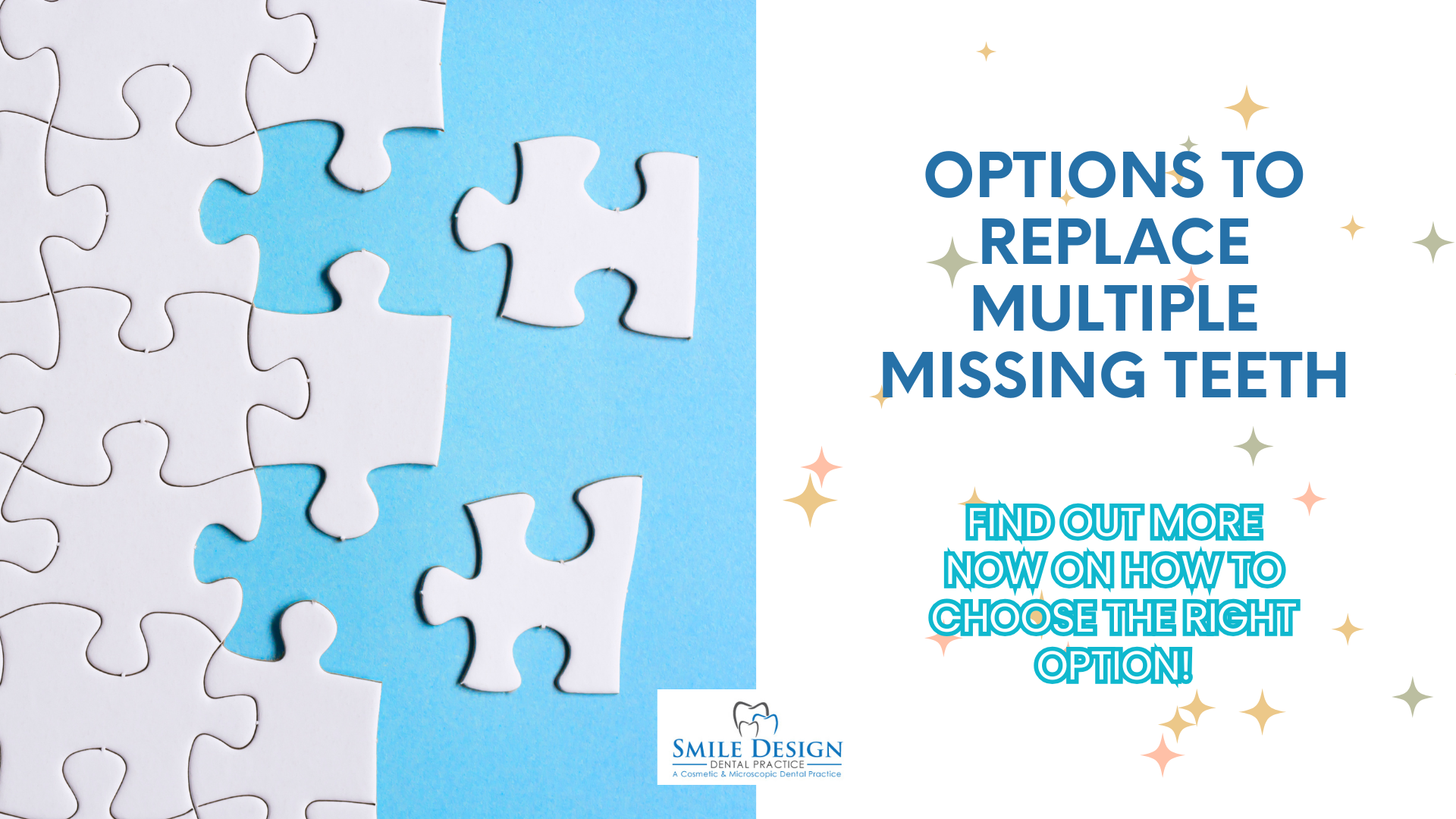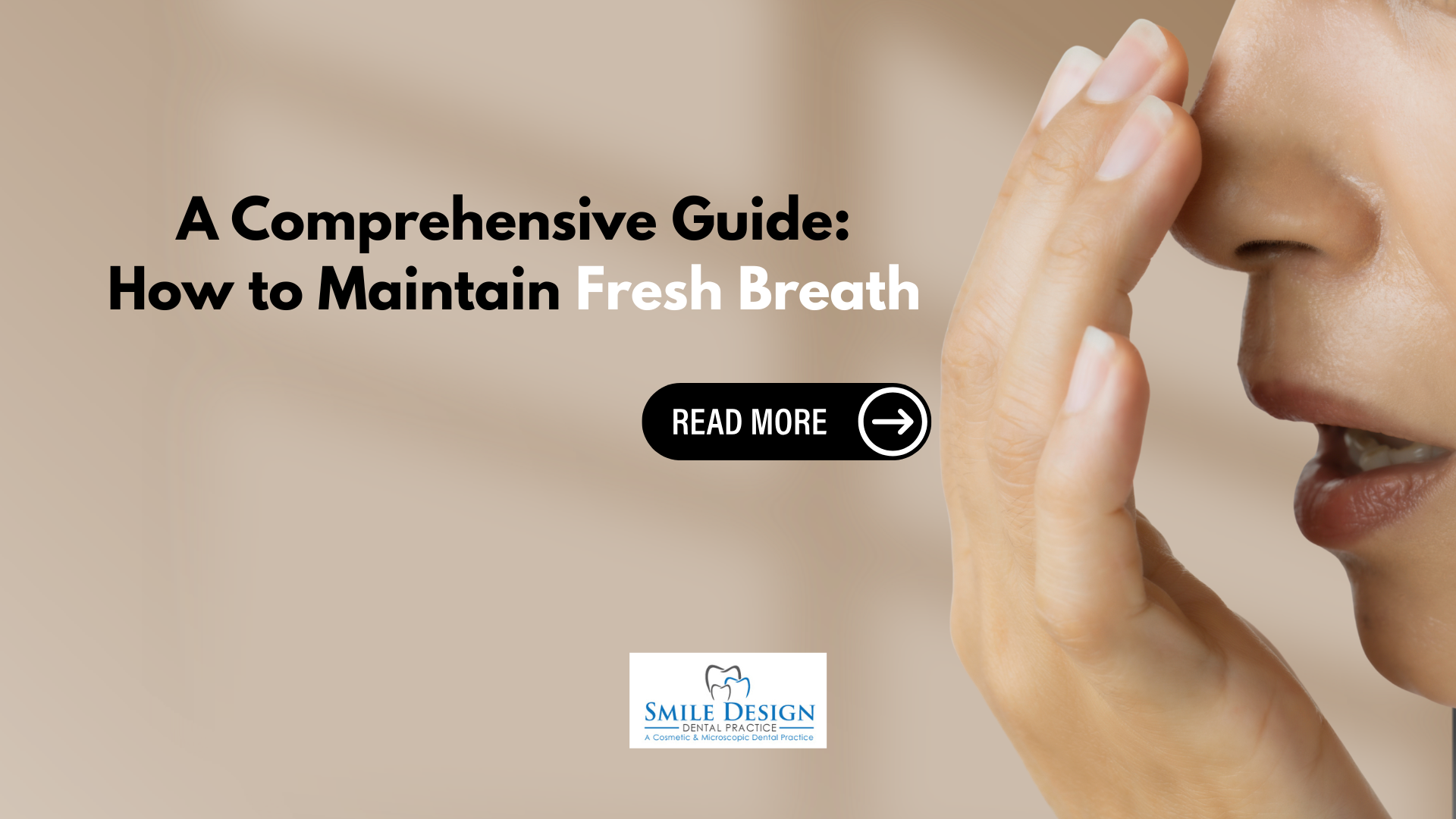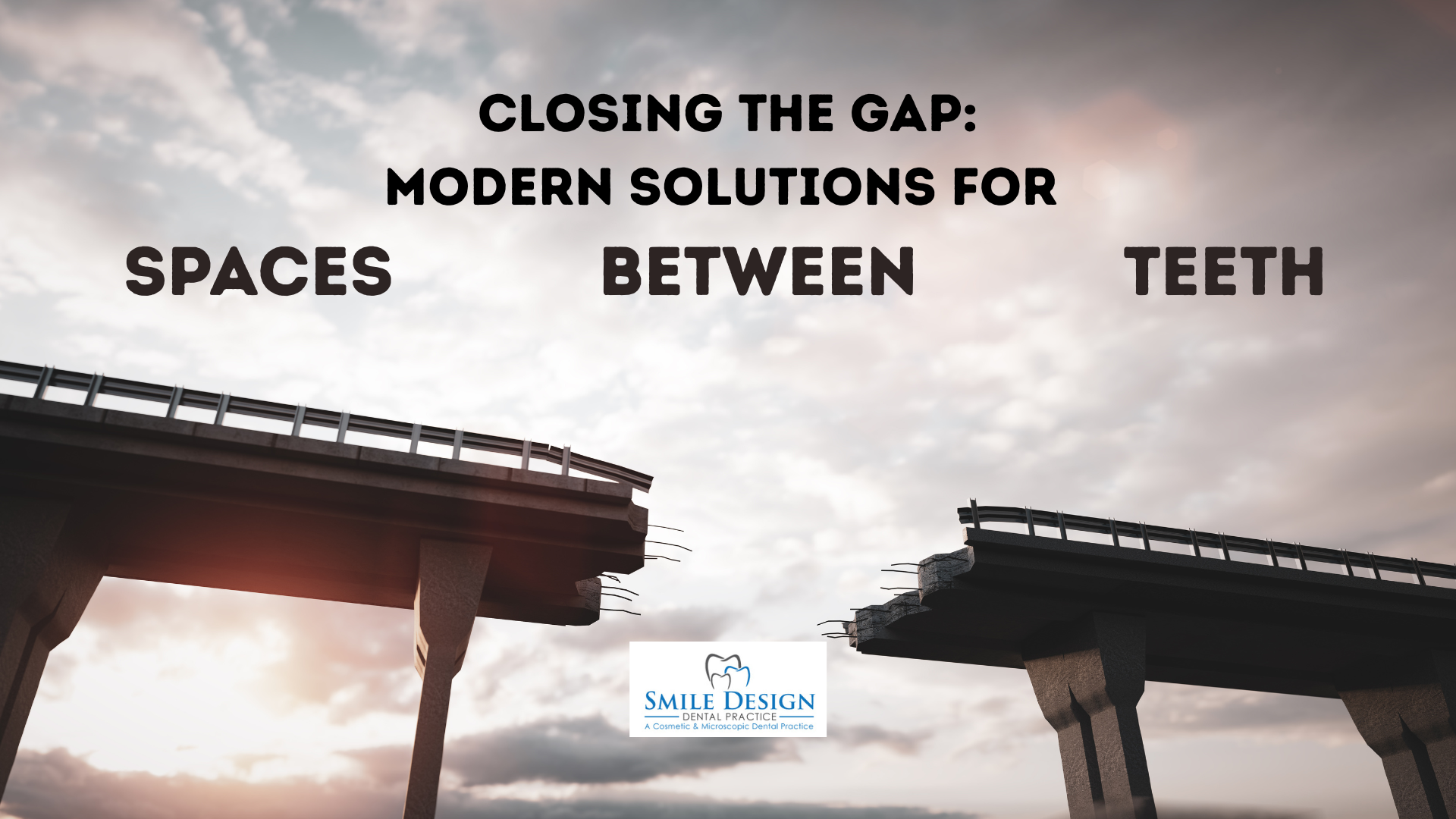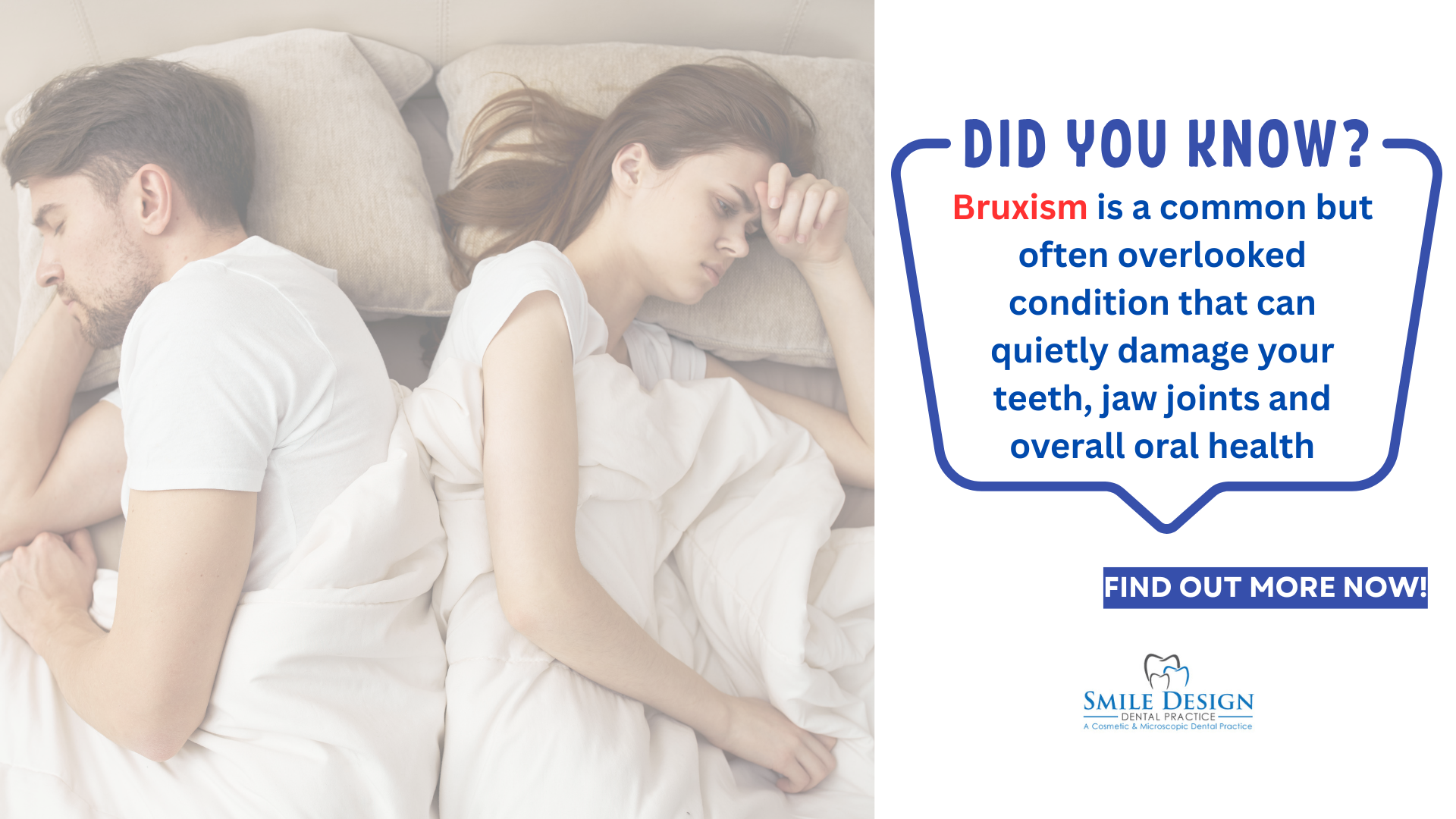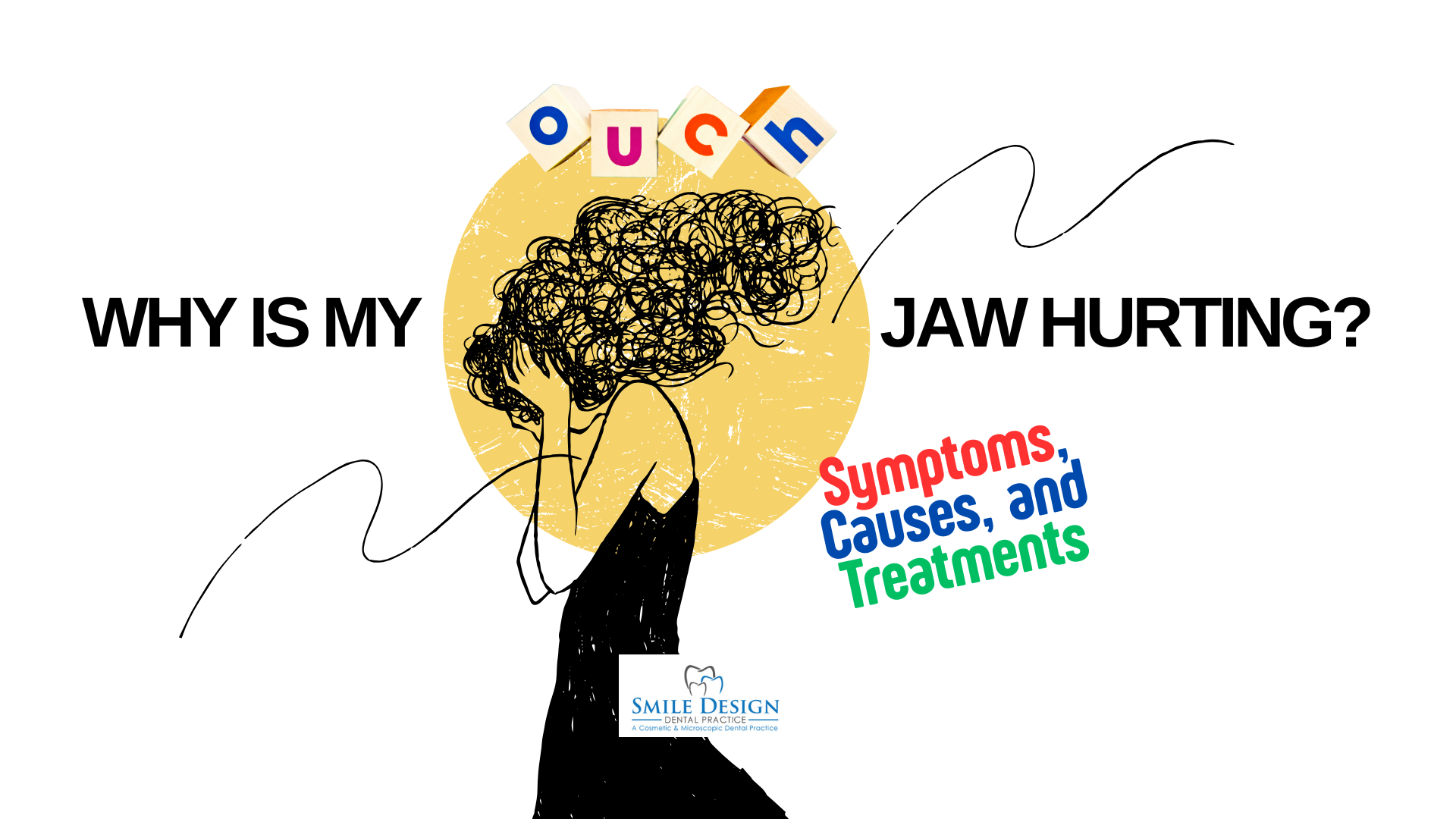Sleep Apnea - Causes and Treatments
Have you ever wondered why you are having daytime fatigue even if you had a full night's sleep? You may have sleep apnea.
Many people or their partner complained about loud snoring and sudden awakeness due to irregular breathing patterns. Some wake up feeling as tired as before they went to bed the night before. In many cases, people do not realise that they have sleep apnea.
For milder cases, it causes daytime fatigue, affecting your daily competency in work and personal life. In some severe cases, it can result in sudden death due to irregular breathing patterns and heartbeats.
What is Sleep Apnea?
Sleep apnea is a sleep disorder that only occur during sleep and when a person’s breathing is interrupted. During sleep, one’s breathing is repeatedly stops and starts again. This causes disruption to the sleep and the partner beside them. Such ‘stop and start breathing’ disruptions may occur over several hundred times through a single night of sleep, and this means that our brain and the rest of our body are not getting sufficient oxygen and we do not achieve deep sleep state for our brain and body to rest completely.
Main types of Sleep Apnea:
- Obstructive Sleep Apnea
- Central Sleep Apnea
Obstructive Sleep Apnea
It is the more common form of sleep apnea that usually occurs when the muscles at the back of our throats relax. These muscles support the triangular piece of tissue hanging from the soft palate, our tonsils at the side of the throat and our tongue.
is the more common form of sleep apnea that usually occurs when the muscles at the back of our throats relax. These muscles support the
As these muscles relax, our airways will narrow and closes when we breathe in. When that happens, we do not take in sufficient air, the oxygen level in our blood decreases. Our brain will sense the breathing deficiency, and we will be woken up from sleep so that we can consciously reopen our airways. This process happens so frequently and briefly that we will not remember.
Risk factors for Obstructive Sleep Apnea:- Age - People of middle age or older tend to have higher risk of central sleep apnea
- Male - From studies, male has 2-3 times more risks that female to have sleep apnea. However, the risks increase among the female if they are overweight or after menopause
- Thicker neck circumference and narrower airway - As the neck circumference gets thicker due to fat deposits around the upper airway, and narrow airway in children, proper breathing is affected when sleeping.
- Hereditary - It is likely for sleep apnea problems to run in the family
- Smoking and consumption of alcohol - Smoking can cause inflammation to the throat area while the consumption of alcohol relaxes the muscles around the throat, they could worsen the condition of obstructive sleep apnea.
- Nasal issues - Patients with nasal issues tend to breathe with their mouths than their noses. They are more likely to suffer from obstructive sleep apnea as well.
Central Sleep Apnea
It usually happens when our brain does not send proper signals to the muscles that are controlling our breathing cycles.This is a less common form of sleep apnea. As your muscles are not in control, you may experience shortness of breath for brief moments and you are unable to achieve a good quality of sleep due to that.
Risk factors for Central Sleep Apnea:
- Age - People of middle age or older tend to have higher risk of central sleep apnea
- Male - From studies, male has 2-3 times more risks that female to have sleep apnea. However, the risks increase among the female if they are overweight or after menopause
- Heart Issues and stroke - Those patients who already have heart issues increase the risk of central sleep apnea
- Long term on narcotic medication - Patients on long term medication for pain relief especially long-acting pain medication will increase the risk of central sleep apnea
What are the symptoms of sleep apnea?
- Snoring (often loudly)
- Suddenly awaken gasping for air
- Irregular breathing patterns
- Woke up by dry mouth and throat
- Lethargic even after a full night’s sleep
- Bad sleep quality
- Wakes up with a headache
- Affects partner sleeping beside you
How does it affect our daily lives?
Sleep apnea very often not only affects the person who has it, but also greatly on the person sleeping next to you. When you stop breathing momentarily, the oxygen supply is restricted to your brain and heart, the increased heart rate and simulation will cause you to wake up and it continues for a few hundred times during a night of sleep.
When this continues over a long period, it not only affects your daily life, it also strains your brain and heart. It increases the chance of heart issues, stroke, frequent mood swings and accidents arise due to daytime fatigue and inability to stay awake and focused.
- Increase of fatigue during the day when your sleep quality is poor. You seldom get into deep sleep state where your body and brain is at rest when you are constantly waking up briefly due to irregular breathing patterns and choking. You are prone to daytime sleepiness and gets irritable easily. When sleep quality is bad, you often gets up with a headache, which affects your overall wellbeing and performance throughout the day.
- Prone to high blood pressure and heart issues as there are sudden drops in blood oxygen levels and increase in blood pressure, hence straining our cardiovascular system.
- Increase complications with medications and during surgeries. As these people are suffering from sleep apnea, they are prone to breathing issues when they are sedated. Lying on their backs means that the muscles controlling the tongue and soft palate are relaxed, hence it is dangerous during the surgery when breathing issues arise.
- Partner sleeping beside you get deprived from quality sleep too. Your frequent and loud snoring, movements due to sudden and brief waking up moments and even moments that you suddenly stopped breathing or choked will cause the partner sleeping next to you to awake.
How do we resolve sleep apnea?
Self-help treatments
You may try these methods to ease your sleep apnea issues. It will be effective together with seeking professional help. Changing your daily routine lifestyle and be healthier will influence your sleep patterns and sleep apnea issues.
- Lose weight
- Reduce or stop alcohol consumption and smoking
- Reduce caffeine intake
- Exercise regularly
- Sleep on your sides
- Elevate your head and upper body with extra pillow or bath towel
- Always breathe through your nose. Keep your mouth closed and breathe through your nose. It helps to open up your airways and alleviate breathing issues.
Professional treatments
In order to enhance and address to your sleep apnea issue effectively, and if the self-help treatments do not help much, you may be having moderate to severe sleep apnea issue. You need to seek professional help. A consultation visit to the doctor will allow you to explore options of breathing devices and surgeries to help your sleep apnea issues. The doctor will determine the severity of sleep apnea through a sleep test and recommend an appropriate treatment. The list of treatments and not limited to as follows:
- Oral devices (for opening airway during sleep)
- CPAP (Continuous Positive Airflow Pressure)
- Surgeries
Speak to us now for more information on oral appliances for sleep apnea.
For more information and consultation, please contact Smile Design Dental Practice at +65 6463 8588.
To serve you better, we are available by Appointment Only.
Please contact us to schedule for an appointment.

